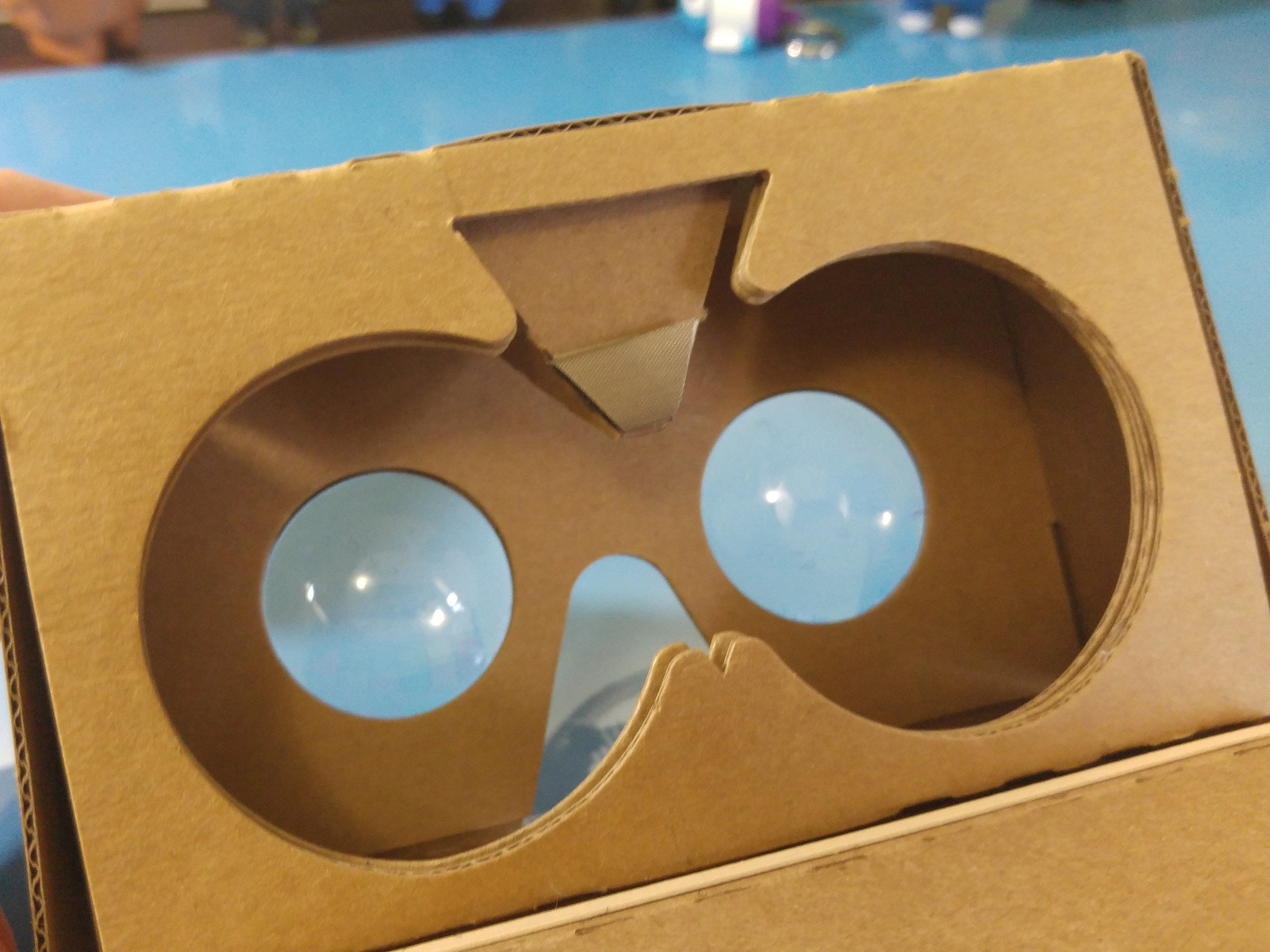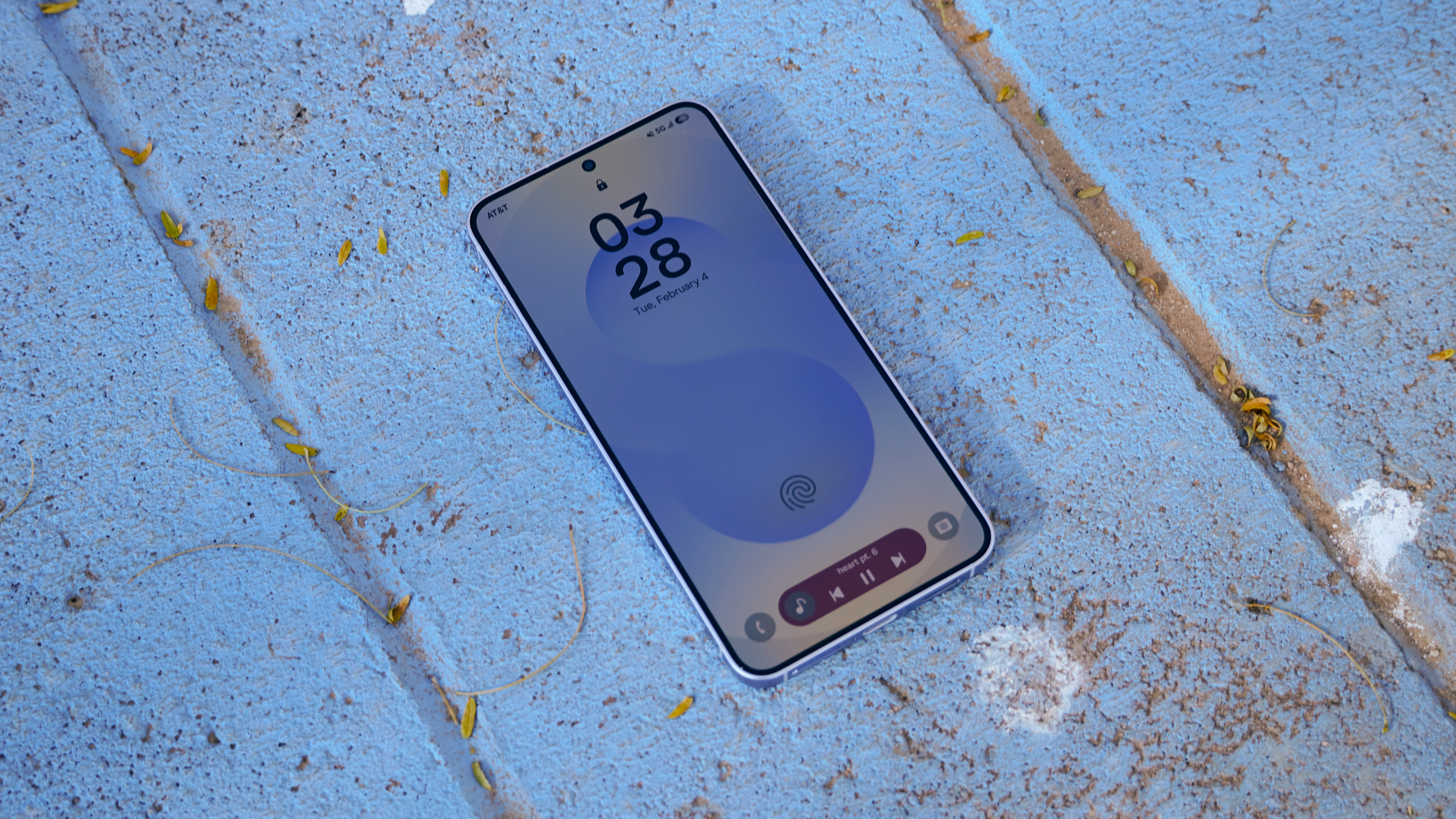Google teams up with The New York Times on new virtual reality project

Google and The New York Times have collaborated to launch a new virtual reality project, called NYT VR. This new project will see more than one million Google Cardboard viewers be shipped out to home delivery subscribers with their copy of The New York Times for the weekend of November 7.
Those who subscribe digitally, or are Times Insider subscribers will also receive promotional codes for a free Google Cardboard. The first NYT VR film, titled The Displaced exposes the viewer to the resilience of three children severely affected and uprooted by war. Those involved hope to allow readers to experience what it is like to be a child caught in a global refugee crisis.
The three children in the debut film are from South Sudan, eastern Ukraine and Syria. The official NYT VR app will be made available for both Android and iOS on November 5. Those without Google Cardboard can still download the app and enjoy a tailored video experience, while a 2D version of The Displaced will be available on The New York Times website and YouTube channel.
Press Release
Advertising Experience Includes Virtual Reality Films From MINI, GE
NEW YORK, October 20, 2015 - The New York Times announced the launch of NYT VR, a new virtual reality project in collaboration with Google. The project includes the distribution of more than one million Google Cardboard viewers to home delivery subscribers with their copy of The New York Times the weekend of Nov. 7-8. In addition, Times Insider subscribers and a selection of Times digital subscribers will receive promo codes via email to redeem for a free Google Cardboard viewer, which is simple to use and allows anyone to experience virtual reality with a smartphone.
The debut NYT VR film, titled "The Displaced,"captures the resilience of three extraordinary children uprooted by war, all through the lens of virtual reality. The New York Times Magazine, in collaboration with Chris Milk and his virtual reality company Vrse, created the film to enable readers to experience what it means to be a child caught in the global refugee crisis. There are now more than 30 million children around the world who have been driven from their homes by war and persecution -- more than at any time since World War II. The film brings viewers into daily lives of three children from South Sudan, eastern Ukraine and Syria.
"Our readers look to The Times for innovative and powerful storytelling and this is The Times at its best. Our Magazine team has created the first critical, serious piece of journalism using virtual reality, to shed light on one of the most dire humanitarian crises of our lifetime," said Dean Baquet, executive editor, The New York Times.
Be an expert in 5 minutes
Get the latest news from Android Central, your trusted companion in the world of Android
"The power of VR is that it gives the viewer a unique sense of empathic connection to people and events," said Jake Silverstein, editor in chief, The New York Times Magazine. "In the context of international reporting and conflict reporting, where our readers rely on us to bring them news and stories from remote and inaccessible places, this has huge potential. Through this immersive video experience, we can put our readers at the center of the most important story of our time."
The New York Times developed the NYT VR app in collaboration with the virtual reality studio IM360. Compatible with iOS 8+ and Android 4.3+, the app supports virtual reality playback for Google Cardboard as well as playback of 360-degree video for mobile touchscreen navigation. The app will be free and available for download in the Google Play and iOS App Stores beginning Nov. 5.
"Google Cardboard brings the magic of virtual reality to anyone with a smartphone in an easy to use way," said Mike Jazayeri, director of project management for VR at Google. "We're excited to support The New York Times' use of immersive storytelling at an unprecedented scale to bring awareness to this important issue."
The Google Cardboard viewer offers the most immersive experience but users without Cardboard viewers are also encouraged to download the NYT VR app for an enhanced video experience that opens a window into the virtual reality environment. A version of the film will also be available in 2-D on NYTimes.com. Users can also go to the NYT YouTube channel to find the videos or visit youtube.com/360 for more immersive VR content.
The first slate of NYT VR films include a behind-the-scenes look at the making of the Magazine's "Walking New York" cover image, a third film coming in December and more in 2016. Subscribers should keep the Google Cardboard viewers for future virtual reality videos.
Advertising
Sponsors GE and MINI both deliver virtual reality films as part of the experience.
GE's film, which explores a story of how design in industry and technology takes cues from nature, was created by T Brand Studio, The New York Times's in-house content marketing agency, in conjunction with Framestore's virtual reality studio.
MINI's two short films, "Backwater" and "Real Memories," invite viewers to join in the exploration of how new technologies like virtual reality change the way stories are told and how content is viewed.
"The great irony here is that it takes the print newspaper—a 164-year old business—and its still remarkable distribution system to deliver one of the most advanced digital storytelling technologies to more than a million people," said Meredith Kopit Levien, executive vice president and chief revenue officer, The New York Times Company. "We are inspired by how The New York Times Magazine team used virtual reality to tell this important story and thrilled that T Brand Studio is able to invest in these new technologies to provide these creative tools to marketers. We know our readers will be thoroughly entertained and engaged by the films produced by MINI and GE."

